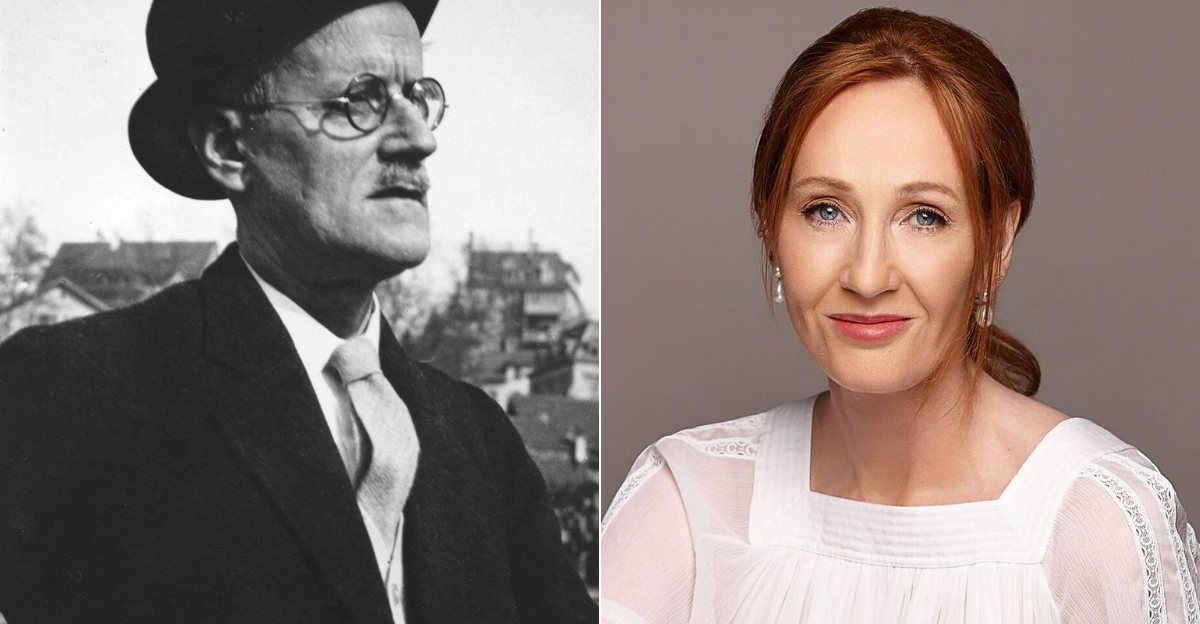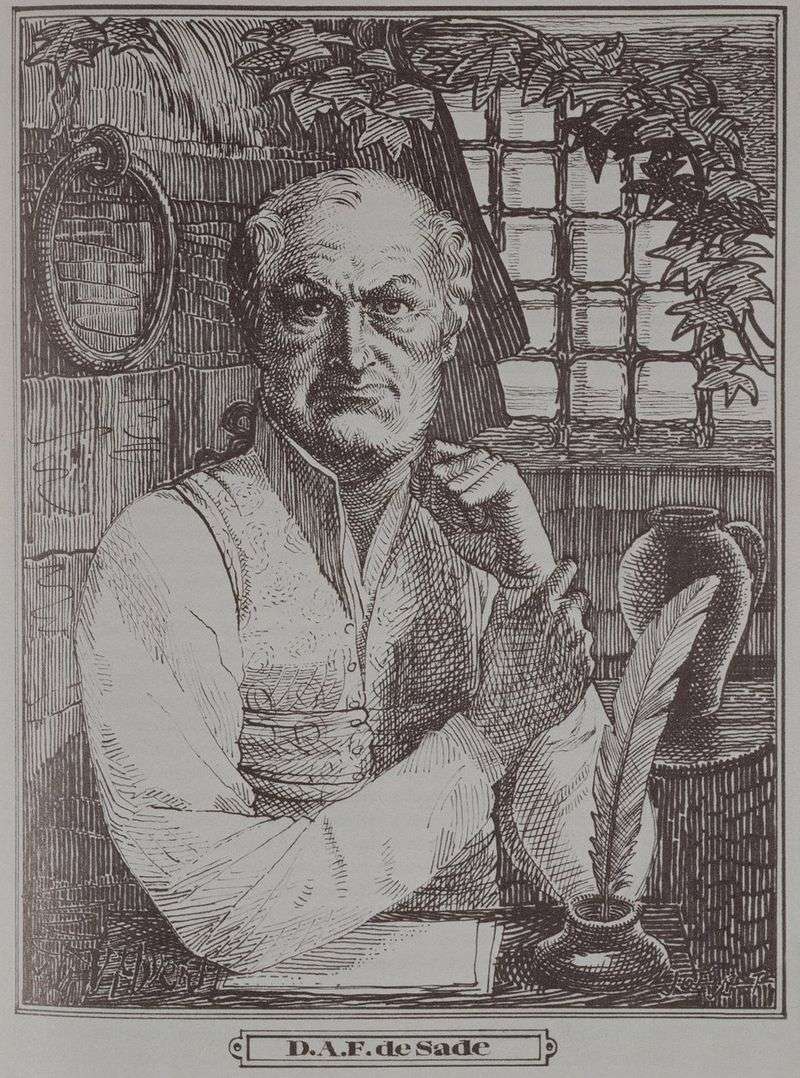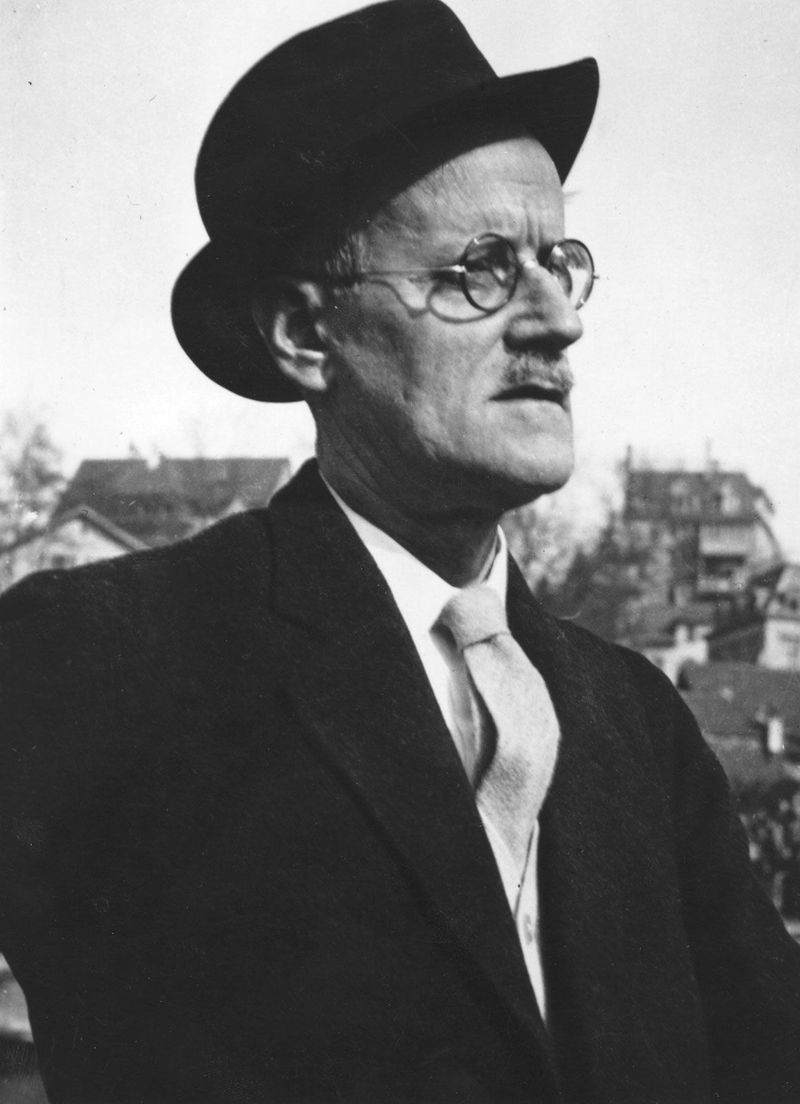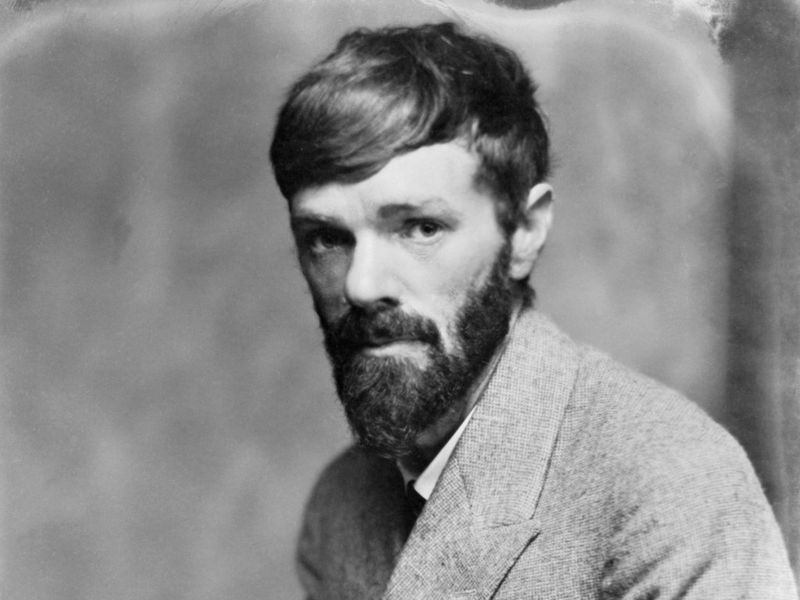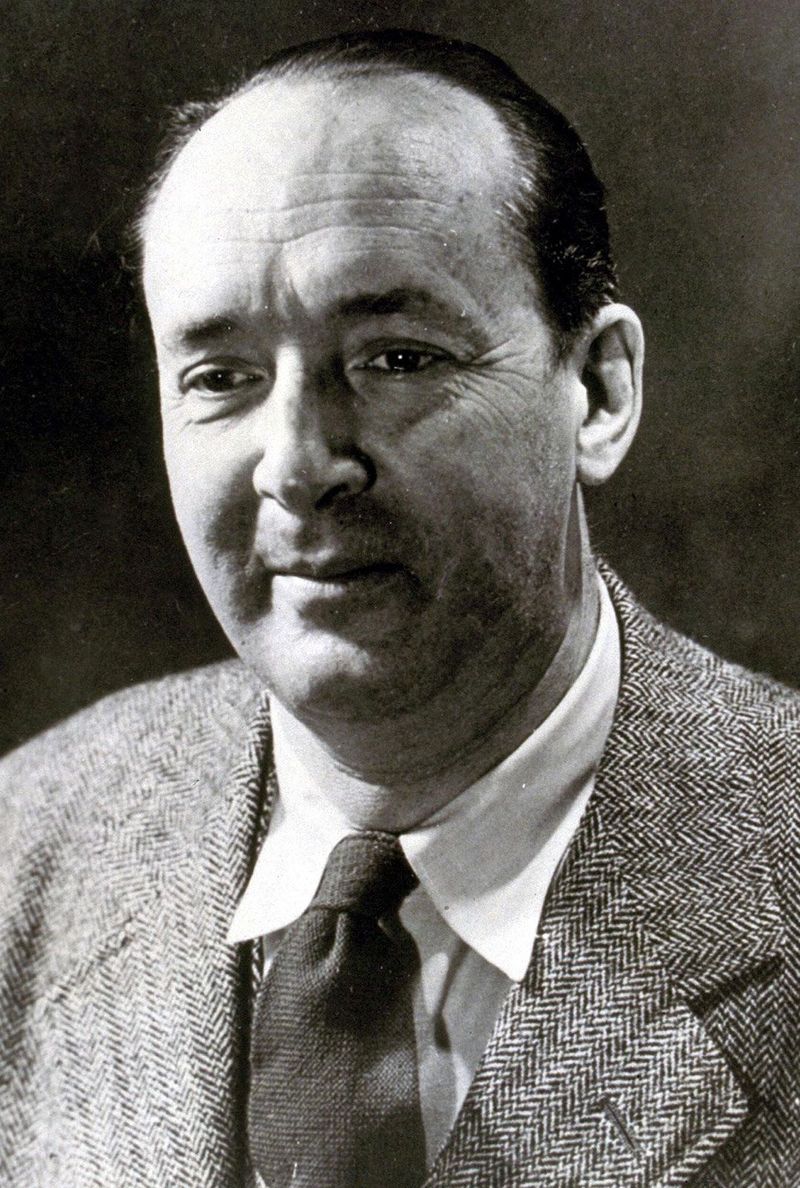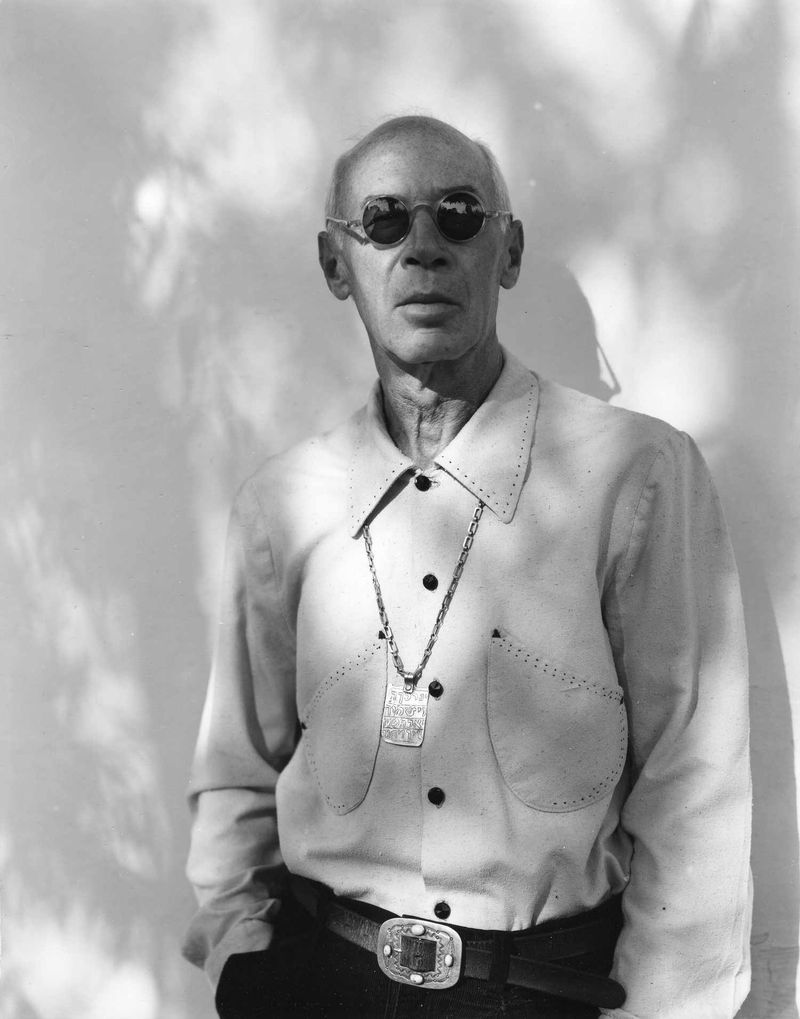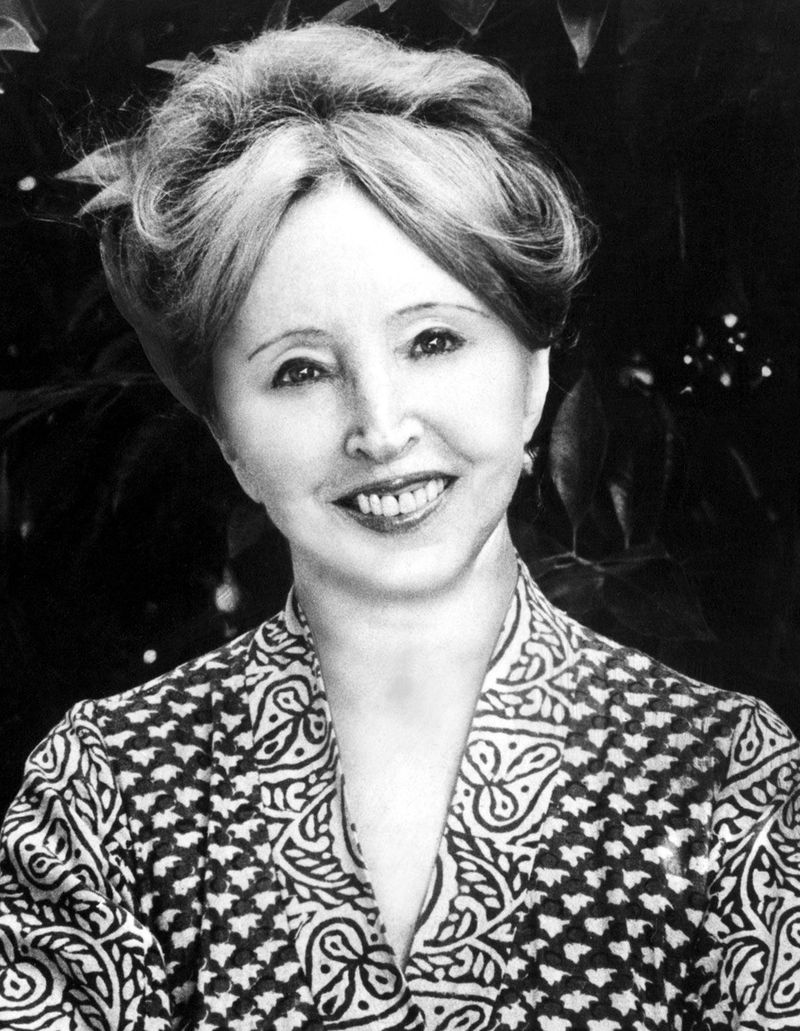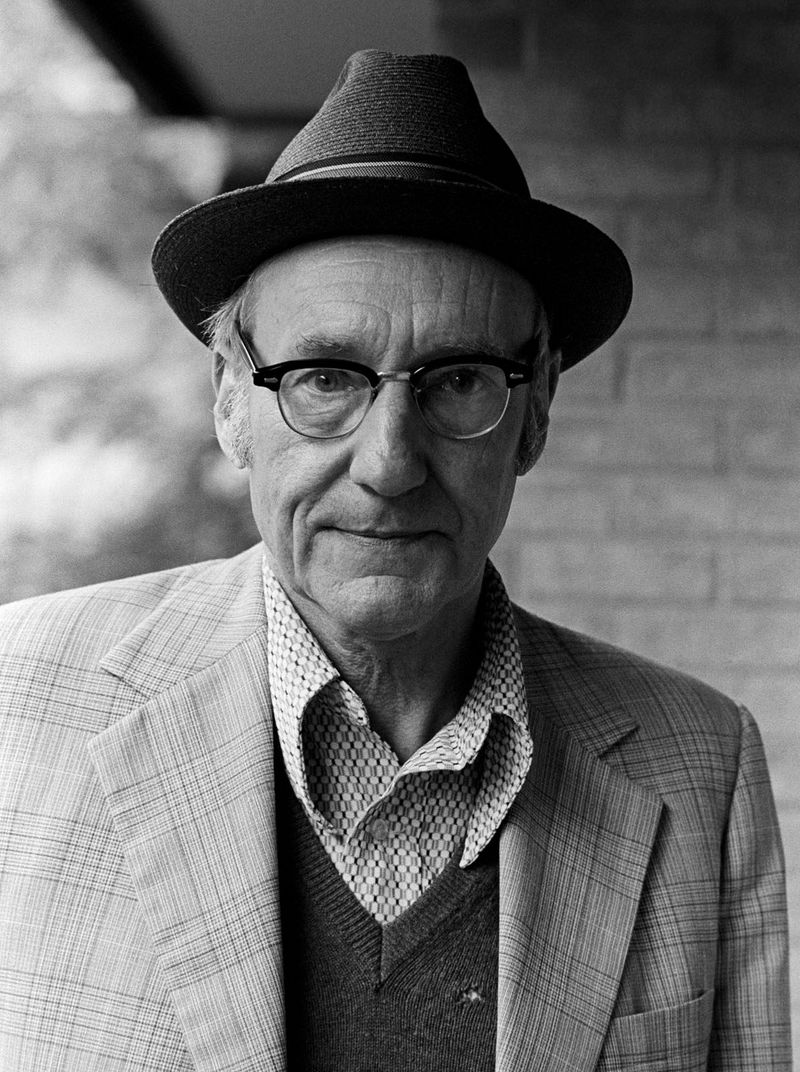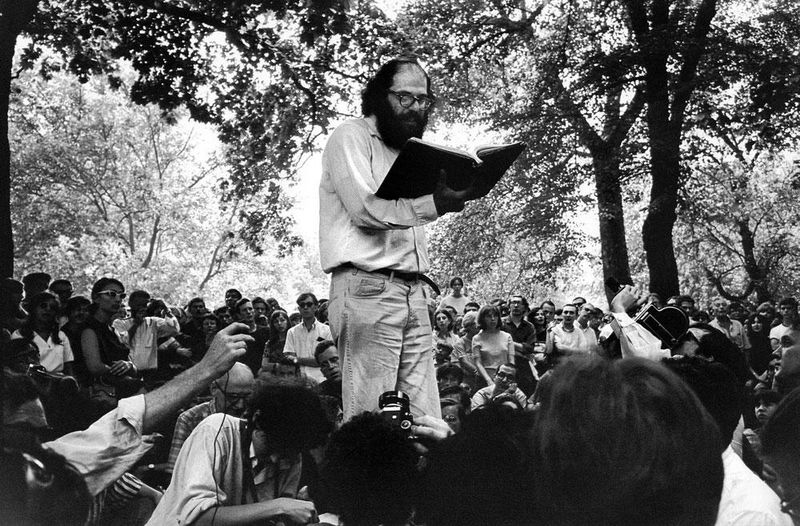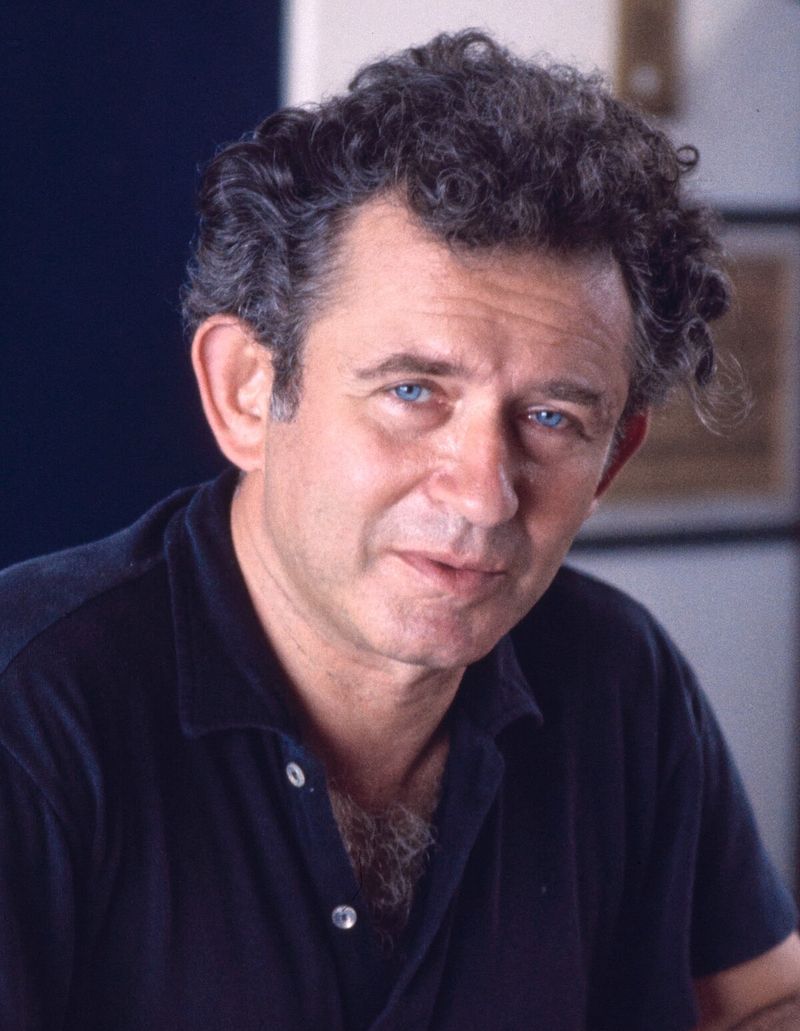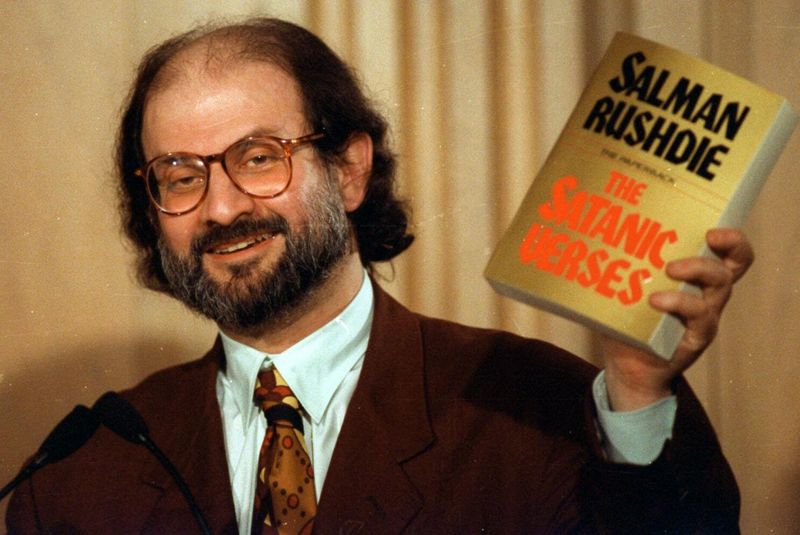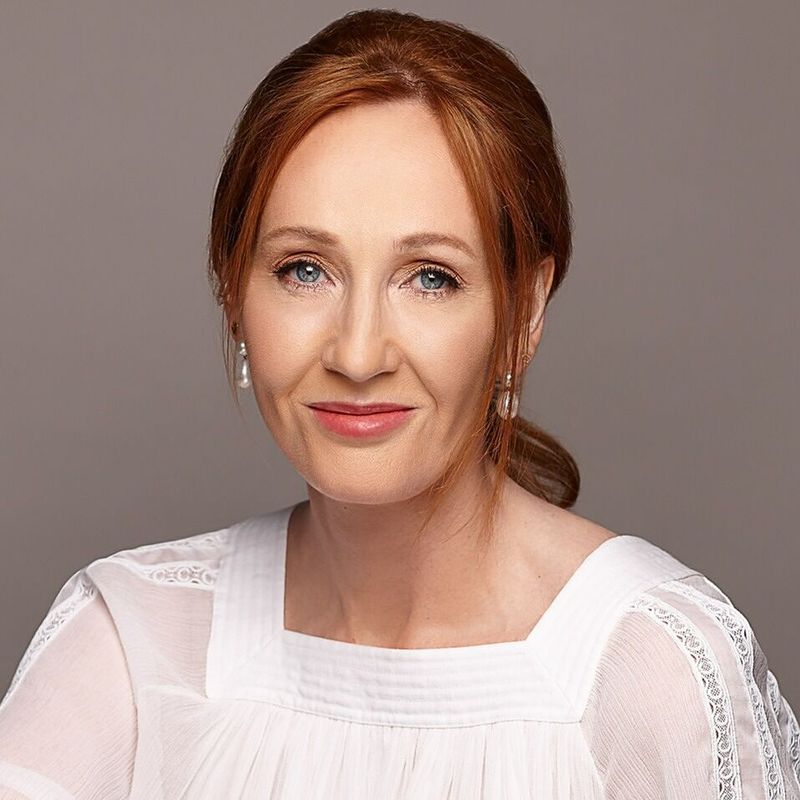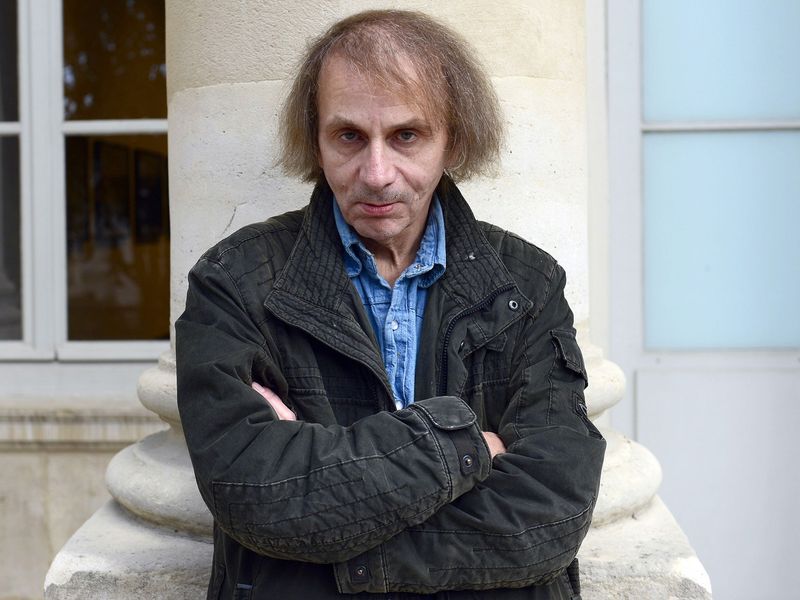Dive into the world of literary provocateurs, those authors who dared to challenge the norms and shake the foundations of society with their words. From tales of scandalous romance to political machinations, these writers have left indelible marks on literature and culture.
Their stories may induce shock or awe, but they undeniably push the boundaries of what’s considered acceptable in their times. Join us on this exploration of 15 of the most controversial writers, each with a unique flair and perspective that keeps their work alive and debated to this day.
1. Marquis de Sade
Marquis de Sade’s name is synonymous with scandal. His works, such as “120 Days of Sodom,” delve into graphic erotic violence and blasphemy, challenging societal norms with lurid narratives. Influencing the term “sadism,” de Sade’s stories are not for the faint-hearted, echoing a life of imprisonment and rebellion.
His writings reflect a dark imagination that captivated, horrified, and intrigued readers. Despite his controversial topics, de Sade’s exploration of human nature and desire remains a subject of academic interest.
Did you know? He spent most of his life in prisons or asylums, defending his literary freedom.
2. Niccolò Machiavelli
Niccolò Machiavelli, a statesman turned writer, penned “The Prince,” a treatise that redefined political strategy. His apparent endorsement of ruthless tactics led to his name becoming synonymous with cunning and deceit.
Machiavelli’s pragmatic approach to power shocked many, earning him both admiration and disdain across centuries. His work remains a pivotal reference in political discourse, demonstrating the complexities of human nature.
Often shunned in his lifetime, Machiavelli is now celebrated for his enduring influence on political thought, proving that the pen is mightier than the sword.
3. James Joyce
James Joyce revolutionized literature with “Ulysses,” a novel banned for its stream-of-consciousness style and explicit content. His narrative technique broke traditional bounds, leading readers through a single day with rich, intricate details.
Joyce’s work faced censorship and legal battles, yet his influence is undeniable, inspiring countless writers to explore new literary forms. His portrayal of Dublin life remains a cornerstone of modernist literature.
Despite early opposition, “Ulysses” is celebrated today for its innovation, offering a vivid tapestry of thoughts and emotions that challenge and engage readers.
4. D.H. Lawrence
D.H. Lawrence’s “Lady Chatterley’s Lover” went beyond explicit content; it was a social commentary on class and sexuality. The novel’s frank depictions led to obscenity trials in the UK and USA, bringing sexual discourse into public debate.
Lawrence’s lyrical exploration of human relationships and sensuality pushed boundaries, drawing both criticism and admiration. His poetic prose captured the intricacies of love and longing, resonating with readers worldwide.
Far from just scandalous, Lawrence’s work paved the way for more open discussions about intimacy, making him a pivotal figure in literary history.
5. Vladimir Nabokov
Vladimir Nabokov’s “Lolita,” with its controversial themes of obsession, artfully blurs the lines between beauty and immorality. The story, narrated by a middle-aged man infatuated with a young girl, ignited debates on whether such narratives exploit or explore.
Nabokov’s prose is both poetic and provocative, balancing a delicate line that challenges readers to examine moral complexities. His meticulous craftsmanship and vivid imagery elevate the novel beyond its contentious plot.
Despite backlash, “Lolita” endures as a masterpiece of literary achievement, reflecting a profound understanding of human nature’s darker facets.
6. Henry Miller
Henry Miller’s “Tropic of Cancer” challenged American censorship laws with its candid portrayal of sexuality and existential introspection. Banned for years, the novel’s raw language and freewheeling narrative defied traditional storytelling.
Miller’s bold exploration of the human condition resonated with readers seeking authenticity and freedom from societal constraints. His work paved the way for more open literary expression in the 20th century.
With its eventual acceptance, “Tropic of Cancer” became a symbol of artistic freedom, inspiring writers to pursue truth without fear of censorship.
7. Anaïs Nin
Anaïs Nin’s diaries and “Delta of Venus” navigated the complexities of female desire and identity. Her introspective writing broke taboos, exploring themes of sexuality and self-discovery with eloquence and depth.
Nin’s unique voice and perspective influenced generations, emphasizing the importance of female autonomy and expression. Her literary contributions opened doors for future women writers to explore intimate themes.
Despite initial resistance, Nin’s work is celebrated today for its insightful portrayal of the feminine psyche, blending poetic language with bold honesty.
8. Jean Genet
Jean Genet’s “Our Lady of the Flowers” explores themes of crime and homosexuality with a defiant tone that challenged post-war societal norms. His unapologetic portrayal of marginalized individuals drew criticism and admiration in equal measure.
Genet’s work delves into the human experience’s darker sides, portraying beauty within the grotesque. His rebellion against conventional morality invited readers to question the society’s boundaries.
Though controversial, Genet’s influence on avant-garde literature is profound, with his fearless exploration of identity and sexuality continuing to inspire modern writers.
9. William S. Burroughs
William S. Burroughs’ “Naked Lunch,” with its fragmented narrative and graphic language, faced numerous obscenity trials. This unconventional novel mirrors the chaotic mind of a character navigating drug addiction and existential angst.
Burroughs’ literary style, characterized by its raw intensity and non-linear storytelling, broke free from traditional forms. His candid exploration of taboo subjects pushed the boundaries of literature and perception.
Despite initial outrage, “Naked Lunch” became a landmark in avant-garde writing, challenging societal norms and inspiring future generations to explore unconventional narratives.
10. Allen Ginsberg
Allen Ginsberg’s poem “Howl” led to a pivotal obscenity trial, questioning the limits of free expression. His vivid language and evocative imagery captured the countercultural spirit of the Beat Generation.
Ginsberg’s work resonated with those seeking authenticity in a conformist society, making “Howl” a rallying cry for freedom and individuality. His poetic influence extends beyond literature, impacting social and cultural movements.
Despite its controversial reception, “Howl” remains a powerful testament to the power of words, celebrating the beauty of human experience in all its chaotic glory.
11. Norman Mailer
Norman Mailer’s “An American Dream” stirred debates over its portrayal of violence and misogyny. His provocative style and outspoken political views polarized audiences, making him a fixture of literary controversy.
Mailer’s complex characters and gritty narratives explored the American psyche, challenging readers to confront uncomfortable truths. His fearless approach to storytelling earned both accolades and criticism.
Despite the turmoil, Mailer’s work remains a vital part of American literature, reflecting the country’s evolving landscape and sparking conversations about identity and morality.
12. Salman Rushdie
Salman Rushdie’s “The Satanic Verses” ignited global controversy, facing accusations of blasphemy and inciting a fatwā calling for his death. His intricate narrative, blending magical realism with religious themes, challenged perceptions of faith and identity.
Rushdie’s literary courage sparked debates on free speech and the role of fiction in society. His work underscores the power of storytelling to provoke thought and dialogue across cultures.
Despite the danger, Rushdie’s influence endures, championing artistic freedom and inspiring writers to tackle complex issues with bold imagination.
13. Dan Brown
Dan Brown’s “The Da Vinci Code” captivated millions with its thrilling narrative and speculative take on Christian history. The novel’s depiction of secret societies and historical conspiracies drew ire from religious groups yet fascinated readers worldwide.
Brown’s storytelling combines mystery with historical intrigue, challenging readers to question accepted narratives. His work sparked interest in alternative interpretations of history and religion.
Despite criticism, “The Da Vinci Code” remains a cultural phenomenon, igniting discussions about faith, truth, and the blurred lines between fact and fiction in literature.
14. J.K. Rowling
J.K. Rowling, beloved for the “Harry Potter” series, has become a polarizing figure due to her statements on transgender issues. Her journey from a struggling writer to a cultural icon has been marked by both admiration and controversy.
Rowling’s magical world enchanted generations, fostering a love of reading among young audiences. Yet, her public opinions sparked debates about authors’ roles in social discourse.
Despite the backlash, Rowling’s impact on literature and popular culture is undeniable, reminding us of the enduring power of storytelling in shaping our worldviews.
15. Michel Houellebecq
Michel Houellebecq’s novels, including “Submission” and “Platform,” are accused of Islamophobia and misogyny, sparking heated debates in literary and political circles. His unapologetic exploration of controversial topics challenges societal norms and provokes discussion.
Houellebecq’s stark, often pessimistic narratives offer a critical lens on contemporary issues, encouraging readers to engage with uncomfortable realities. His work often walks a fine line between satirical and sincere.
Despite the uproar, Houellebecq remains a significant voice in modern literature, his provocative storytelling captivating audiences who wrestle with its challenging themes.
